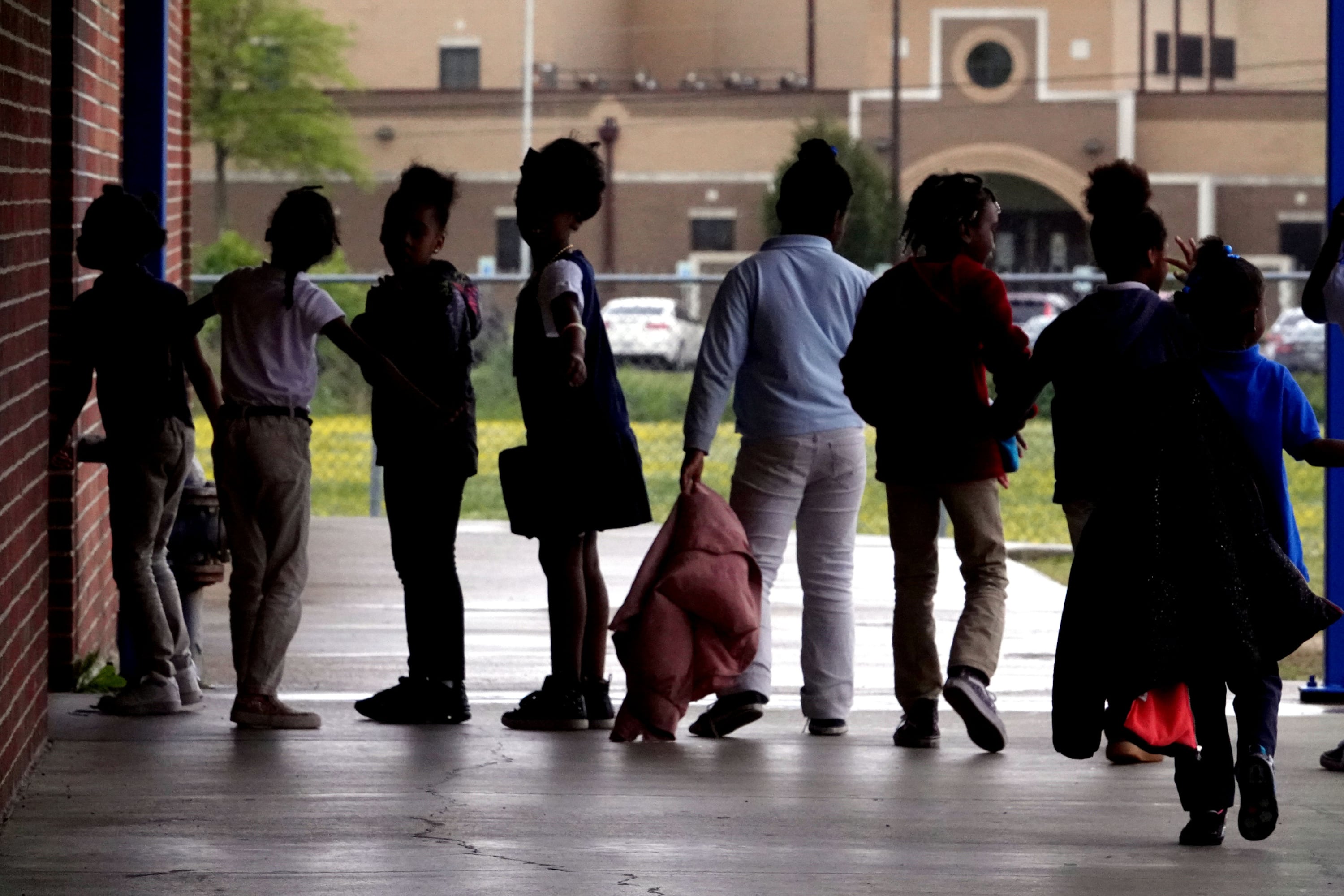Tennessee is seeking to appeal a judge’s ruling that struck down the state’s 2019 school voucher law.
State Attorney General Herbert Slatery III filed an application Wednesday with the Tennessee Court of Appeals.
The 165-page document seeks to reverse Davidson County Chancellor Anne C. Martin’s ruling issued on Monday, as well as her order for the state to halt the education savings account program.
The filing was the latest legal volley as the state seeks to rebound from a significant blow to Gov. Bill Lee’s education agenda. The Republican governor is trying to launch the voucher program this school year in Memphis and Nashville to provide public funding for eligible families to pay for private school tuition.
The state also filed a motion with Martin’s court on Tuesday asking the judge to pause her order so that the program rollout can continue pending an appeal. Martin has scheduled a hearing on Thursday to consider that motion.
The case is based on a lawsuit filed against the state in February by local governments in Metropolitan Nashville and Shelby County, as well as Nashville’s school board.
Attorneys for the plaintiffs did not immediately respond Wednesday night when asked for comment about the state’s application to appeal.
Their lawsuit said the legislature violated the state constitution’s “home rule” provision when lawmakers passed an education savings account law that affects only students in Tennessee’s two largest cities, where local officials have consistently opposed private school vouchers. Home rule prohibits the legislature from singling out individual counties unless approved by two-thirds of the members of those counties’ legislative bodies, or a majority of voters.
The state’s application says the judge erred when she sided with the plaintiffs.
The attorney general argues that the home rule provision does not apply to local governments and that the legislature has “exclusive authority” under the constitution when it comes to providing education.
“The constitutional issue presented for review pits the State’s ability to engage in significant educational policy reform against a county’s ability to insist on local rule,” the application said.
The filing says the issue is of “significant public interest that is extremely time sensitive.”
Last summer, the governor directed the education department to roll out the program a year earlier than the law required. At the time, he said he wanted to give parents more education choices for their children as soon as possible in communities with low-performing schools.
Halting the program “will irreparably harm participating students, parents, and schools — all of whom have a substantial interest in the orderly implementation of the ESA Program,” the state’s application said. “Implementation of the Program must begin now.”
The application means the state court can either accept or deny Tennessee’s request to appeal the trial court’s ruling.








